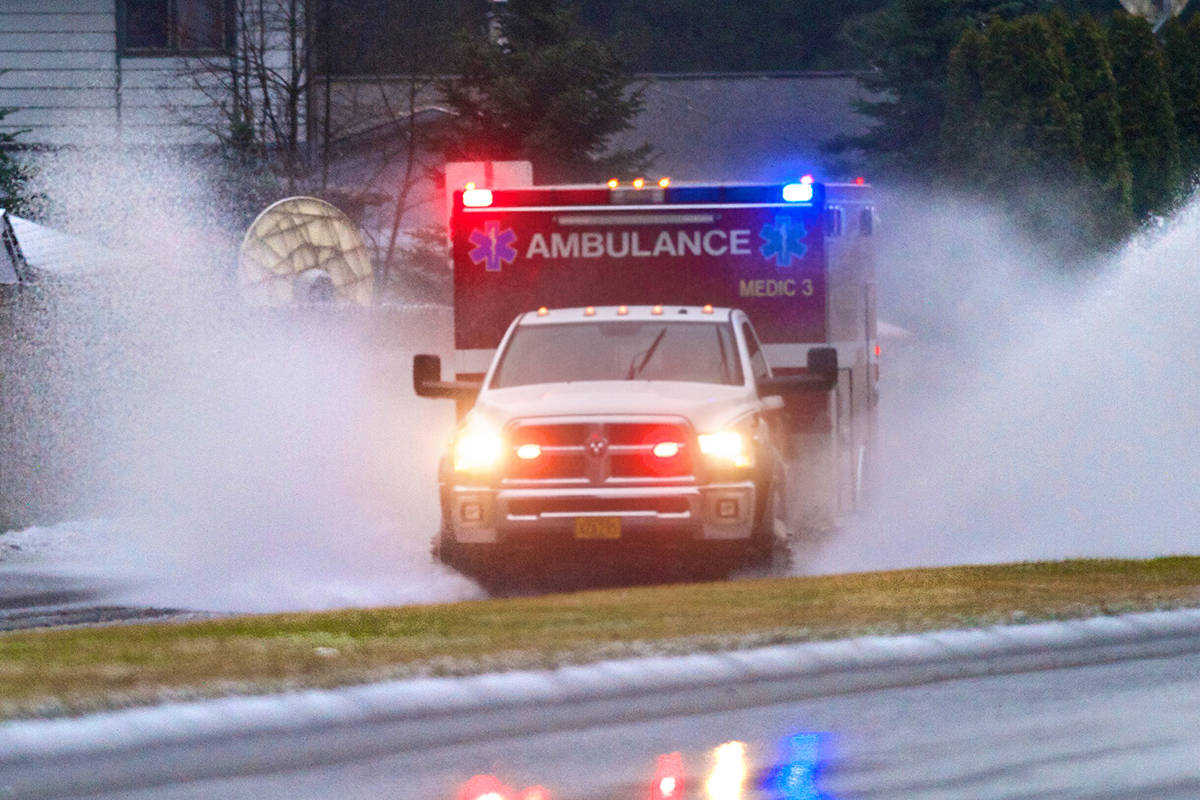With the spread of COVID-19 into Juneau feeling imminent, I think we are all wondering how bad it might get. Years will pass before all the information can be analyzed to really understand this virus and its effect on society, but we know some already — most infected people aren’t suffering too much, and those most at risk of serious illness are the elderly and anyone with certain underlying health conditions.
In a lot of ways, it looks like the flu, a particularly bad one for some people. Around the world, events are being canceled, companies are closing, travel is being affected, economic growth is slowing and people are dying. What’s going to happen when it comes to Juneau?
We are well prepared. Many of our local response organizations have long had plans for biological and epidemiological crises, and these organizations have robust partnerships. The Local Emergency Planning Committee consists of representatives from Juneau’s emergency response team organizations, presently including the Assembly, Capital City Fire/Rescue, Juneau Police Department, Bartlett Regional Hospital, the Red Cross, KTOO and many others. Other regular attendees include representatives from JAMHI, SEARHC, Wildflower Court, University of Alaska Southeast, Juneau School District, the Coast Guard, the Alaska National Guard and many others. Their meetings are open to the public, and the dominant topic of discussion for the last 2 months has been the impending arrival of the pandemic.
The partnerships between these organizations go far beyond the monthly meeting of the Juneau LEPC. Responders within these organizations work together frequently in their day to day work. They build their plans, and respond together. In any emergency, the teams are dynamic, forming to fit the situation, and managed according to the plans by the Incident Command System.
To prepare for the outbreak of the virus, many of those organizations have been practicing and meeting regularly to prepare the implementation of their plans, specified to this situation. Juneau’s Emergency Operations Center, including City government officials, Bartlett Regional Hospital, Public Health, CCFR and others are all preparing to respond to a major outbreak.
Our local health care providers are probably going to be worked the hardest and are going to be our most critical asset. We have temporary shelters with isolation chambers and ventilation to house many beyond the capacity of the hospital, and plan to exercise local, state, and federal partnerships to request and even provide additional resources.
Water, electricity, supply lines and other infrastructure are not considered at risk by this outbreak – but the same partnerships come into play in responding to those disasters too.
Probably now more than ever before we are being asked to wash our hands, keep commonly used surfaces cleaned and to become isolated if we’re sick. Do not show up to the ER or your doctor’s office if you have flu-like symptoms without calling first. Our most scarce and vulnerable resource in the immediate response to this crisis is going to be our health care providers — certain hospital staff have already undergone quarantine after exposure to sick patients until tests came back negative.
We have to be careful to not get them sick. The situation is evolving rapidly — seek out reliable information from local, state and federal government resources.
• Ben Murray holds the general public alternate seat on the Local Emergency Planning Committee. Columns, My Turns and Letters to the Editor represent the view of the author, not the view of the Juneau Empire.

